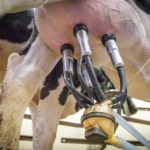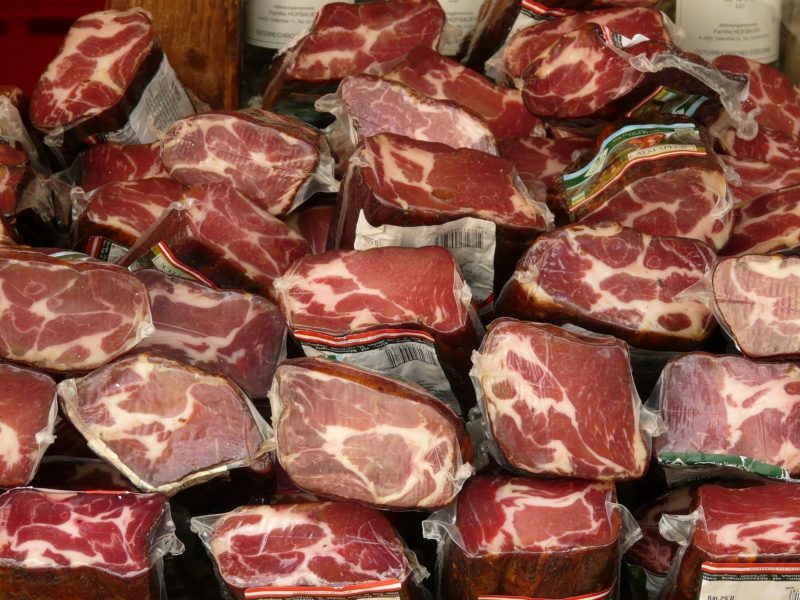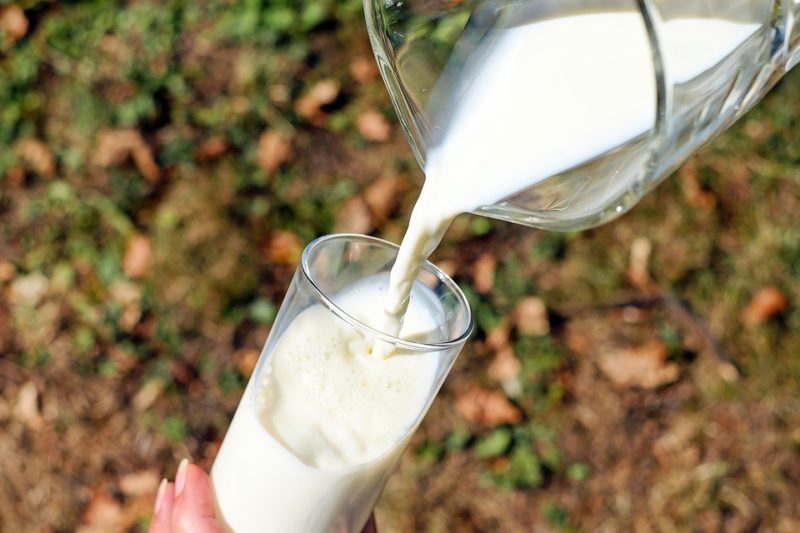Secure Foods

Antimicrobial resistance (AMR)
AMR develops when bacteria, fungi or viruses are exposed to antibiotics, antifungals or antivirals. As a result, the antimicrobials become ineffective and infections may persist. In addition, medical interventions including surgery, chemotherapy and stem cell therapy may become impossible.
AMR is considered the biggest global threat of Health and Food Safety.
AMR Insights
For Food professionals who wish to prevent Antimicrobial resistance in raw materials, intermediate and finished dairy, meat and other food products, AMR Insights offers selected, global information and data, specific education and extensive networking and partnering opportunities.
AMR Insights is for:
- Farmers and other agrifood primary producers
- Quality staff in Food, Dairy and Meat processing companies
- Lab technicians in contract research and analysis laboratories
- Regulatory authorities staff
- Quality staff in Retail
Latest Topics
-
 02 February 2026
02 February 2026Impact of treated wastewater reuse in agriculture on the transfer of antimicrobial-resistant bacteria and genes to edible crops: a One Health perspective
The study experimentally assessed whether irrigation with secondary- and tertiary-treated wastewater facilitates transmission of antibiotic-resistant bacteria (ARB) and antimicrobial resistance genes (ARGs) to lettuce under controlled conditions, using potable water as a reference; while ARB (including E. coli and extended-spectrum β-lactamase-producing E. coli) and multiple ARGs were detectable at higher levels in secondary-treated wastewater, tertiary […]
Read more... -
 26 January 2026
26 January 2026Antimicrobial resistance in dairy systems: Acomprehensive review
This article provides a comprehensive review of antimicrobial resistance (AMR) in dairy production systems, highlighting how widespread antimicrobial use in dairy cattle—especially for conditions such as mastitis, reproductive disorders, and calf diseases—has accelerated the emergence and spread of resistant bacteria and resistance genes in animals, the environment, and food products. It examines key drivers and […]
Read more... -
 23 December 2025
23 December 2025Probabilistic MIC modelling for AMR risk assessment
This EU-FORA fellowship project developed a more realistic assessment of antimicrobial resistance in the food chain by integrating probabilistic minimum inhibitory concentration (MIC) modelling into a quantitative microbiological risk assessment (QMRA). Focusing on Listeria monocytogenes in ready-to-eat cooked ham, the study moved beyond traditional deterministic MIC values by explicitly accounting for cell-to-cell variability in antimicrobial […]
Read more...
More news related to Secure food





